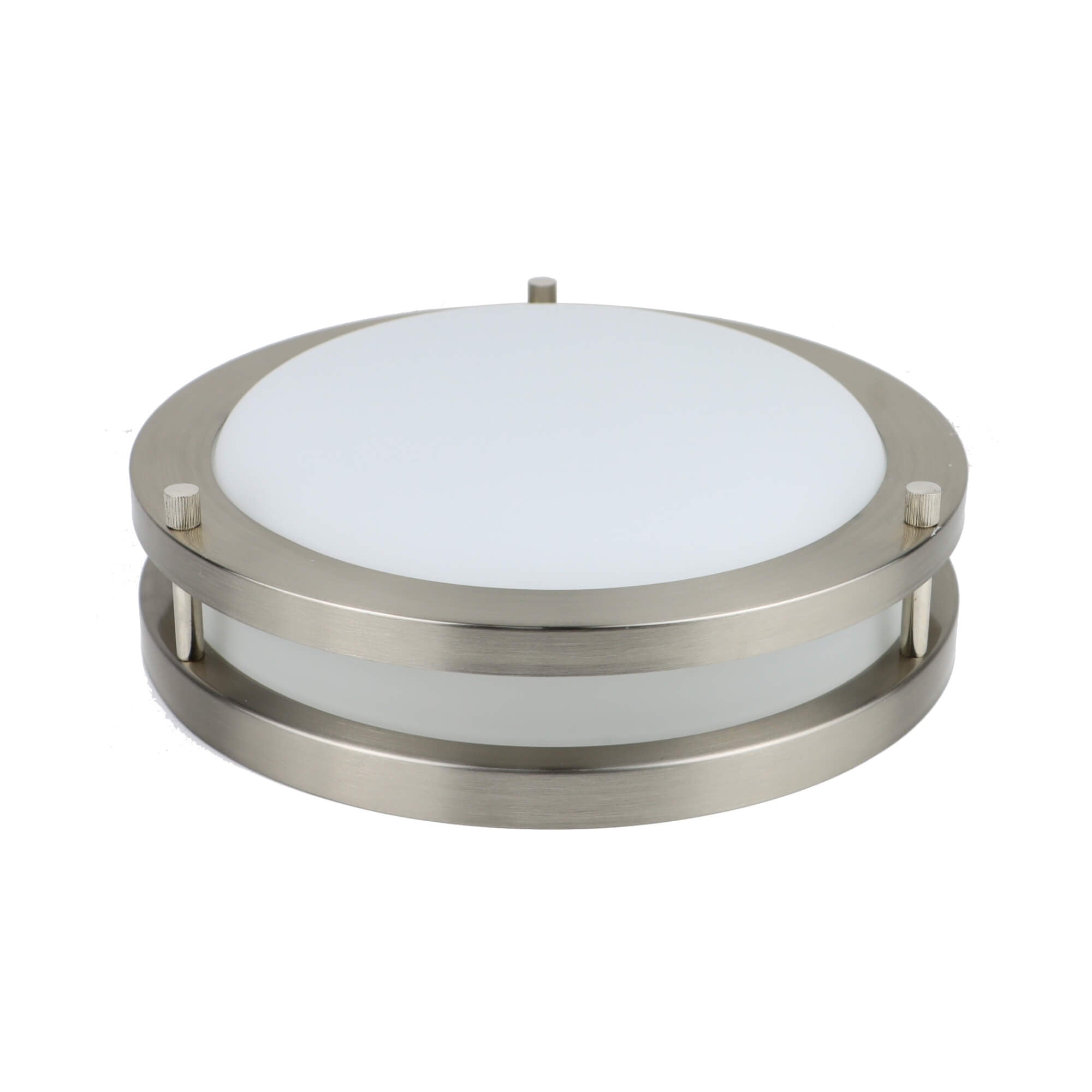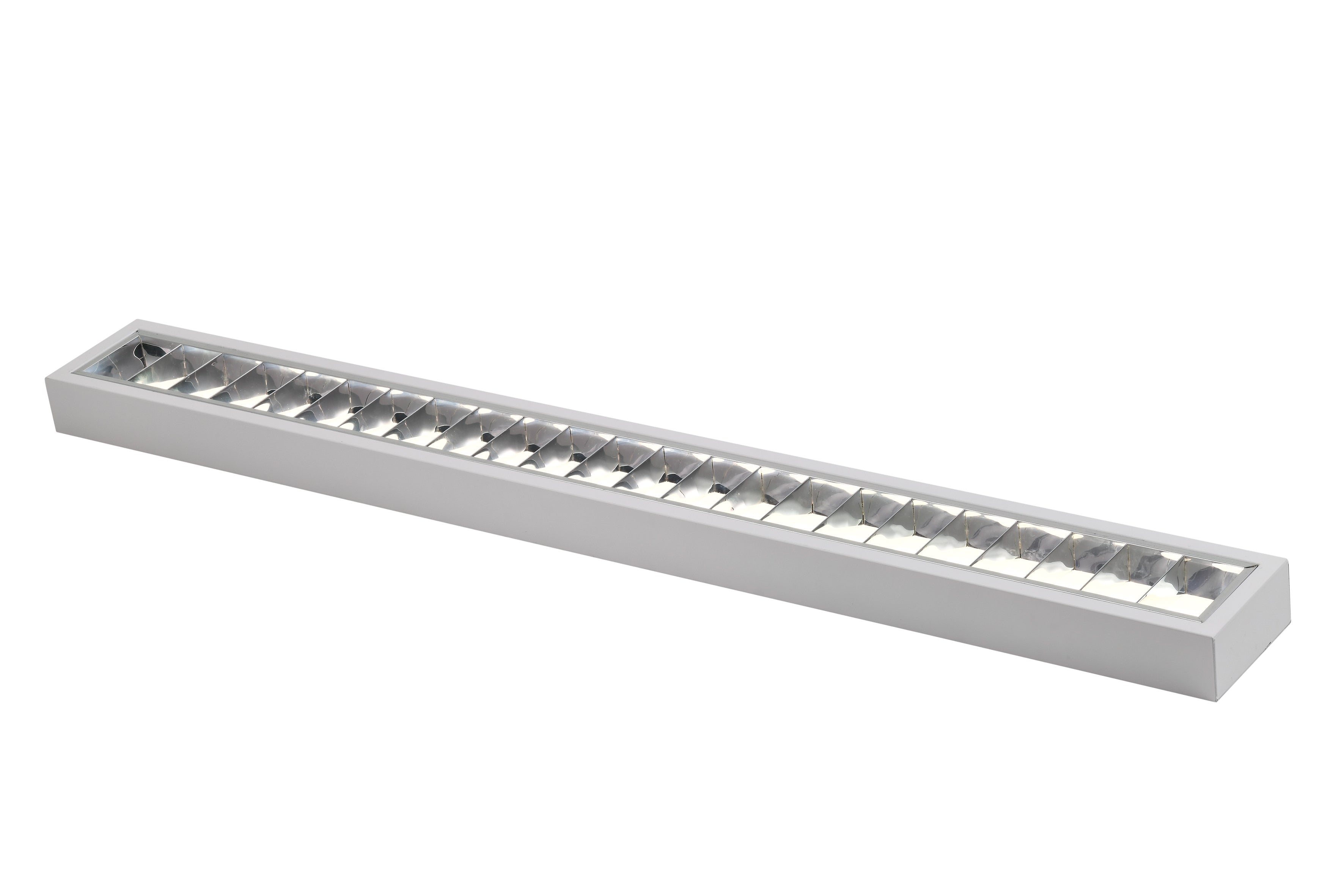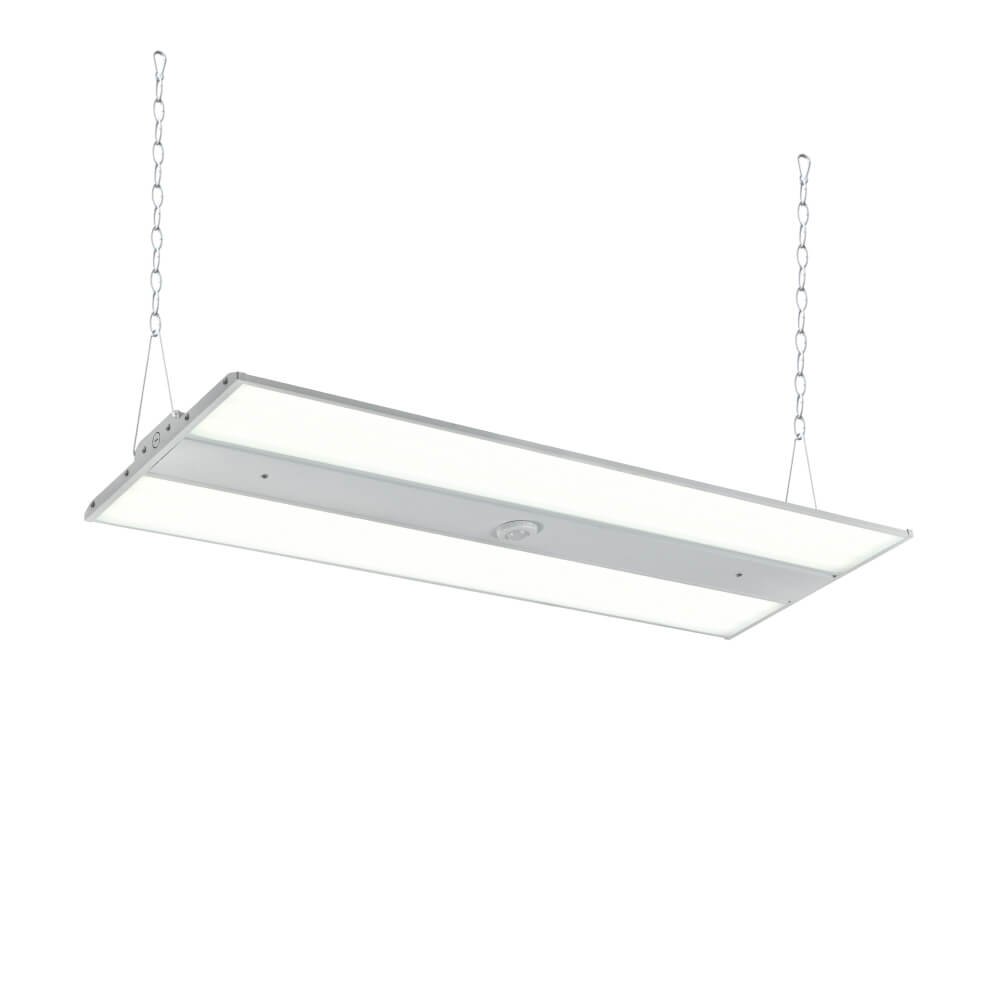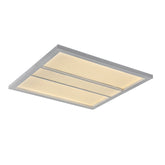What Is Commercial LED Lighting?
Introduction
Commercial LED lighting has revolutionized illumination in businesses and public spaces with its energy efficiency and longevity. Unlike traditional bulbs, LEDs (light-emitting diodes) produce light through electroluminescence technology that uses less energy. Their lifespan far outpaces alternatives like fluorescent and incandescent lighting. In this blog, we explore exactly what defines commercial LED lights and detail the key benefits driving their widespread business adoption.

What Are Commercial LED Lights?
Commercial LED lights refer to lighting products utilizing light-emitting diode (LED) technology that are designed specifically for business, commercial, and public spaces. Unlike traditional incandescent light bulbs that produce light by heating a filament, LEDs work through electroluminescence - generating light emission by running an electric current through a semiconductor material. While LEDs have many advantages that make them an innovative advancement, the key distinguishing factor of commercial LED products is that they are engineered to meet the durability, illumination, and efficiency demands that are required in large-scale spaces open to the public and large groups.
How Do Commercial LED Lights Work?
Fundamentally, commercial LEDs produce light the same way as consumer LED bulbs - through electroluminescence. When electric current passes through the LED semiconductor base, light particles called photons are emitted. However, commercial LED systems are engineered for extreme durability and light output. Reinforced internal components like substrates, chips, and drivers withstand high voltages to illuminate massive spaces. Durable external lens enclosures project focused, efficient light at wide angles. Hardware seamlessly connects LED arrays into expansive networks with minimal distortion.
In addition, unlike traditional incandescent bulbs that burn hot from high energy use, LEDs emit light through efficient electroluminescence that wastes little energy as excessive heat. This allows LEDs to operate with significantly less power yet produce more light per watt with longer lifespans and lower cooling demands.
Benefits of Commercial LED Lighting
Energy Efficiency
The foremost benefit of commercial LEDs is extraordinary energy efficiency, consuming up to 80% less electricity than traditional lighting. This translates into major utility cost savings year after year - an appeal for budget-conscious operations.
Long Lifespan
With a typical lifespan of 50,000 hours or more, LEDs greatly outlast fluorescent and incandescent alternatives. Fewer replacements reduce overhead expenses and maintenance efforts - a major perk for businesses.
Durability
Different from fragile glass bulbs or filaments, LEDs can withstand vibrations, minor impacts, and general wear and tear. This resilience to external stressors prevents unexpected failures, keeping commercial spaces smoothly illuminated.
Controllability
LEDs offer lighting versatility through perks like dimming and smart lighting integration. For ambiance needs or added energy savings, managers can tune brightness levels and automate intricate lighting schemes tailored to business needs.
Types of Commercial LED Lights
LED Troffer Lights
LED troffer lights are panel-style fixtures that mount to ceilings. They distribute highly uniform lighting across office spaces, schools, hospitals, and more without hot spots or glare. Troffer LEDs come in standard ceiling grid sizes.
LED Linear Fixture Lights (Strip, Wrap)
LED linear lighting includes versatile strip lights and wraps that are installed along shelves, inside coves, or under cabinets for direct, space-saving illumination. Their slim, adaptable form factors accent architectural details.
LED Pendant Lights
LED pendants mount directly to ceilings via rods or cables, suspending unique fixture styles above spaces. They provide directed task light over work areas, ambient lighting, and interior design flair.
LED Vapor Tight Lights
Vapor-tight LED luminaires feature hardened housings and gaskets that seal out moisture, dust, and insects from humid, demanding spaces like parking garages. Their specialized construction withstands pressure spraying.
Applications of Commercial LED Lighting
Offices
In corporate office towers, modular 600x600mm LED troffers recessed in suspended ceilings cast glare-free light over open workstations.
Retail Stores
In upscale boutiques, small LED pendants cast a focused, warm glow to showcase luxury pianos, antiques, and gowns in accurate, appealing colors. Directional LED spotlights accent select accessories, drawing the shopper's eyes. The combined tailored beams elegantly highlight high-end merchandise without dominating the compact spaces.
Warehouses
In an expansive shipping warehouse, motion-triggered high bay LED pendants illuminate 50' tall aisles between deep industrial shelving, aiding forklift operators in identifying stock-keeping unit numbers on far rack levels after dark.
Parking Structures
IP65-rated rectangular LED vapor tights recessed in concrete ceilings maintain consistent illumination in an underground parking structure, seamlessly lighting painted pillars and eliminating dark corners prone to crime.
Street Lighting
On bustling city streets, pendant-mounted amber LEDs brighten sidewalks at 30% output until pedestrian motions prompt the corridor to glow at 4,000 lumens, improving night safety.
Signage
Brilliant LED strips backlight an Apple store logo and wash storefront glass in crisp white light, standing out vividly along a commercial avenue after closing hours.
Conclusion
Commercial LED lighting represents major advances in illumination with tangible benefits like high efficiency, long product lifetimes exceeding a decade, and resilience to demandingly harsh conditions. Their ability to sharply reduce energy consumption and costs compounds savings from minimal maintenance needs. Beyond hard metrics, innovations like smart controls provide unprecedented lighting versatility. With technology and affordability continuously improving, commercial LED lights will shape spaces and communities with ideal quality, economics, and environmental friendliness for years and years.







